Kirchmann praises Team Sunweb's 'MeToo' protocol
'Our expectations are clear' says Canadian champion
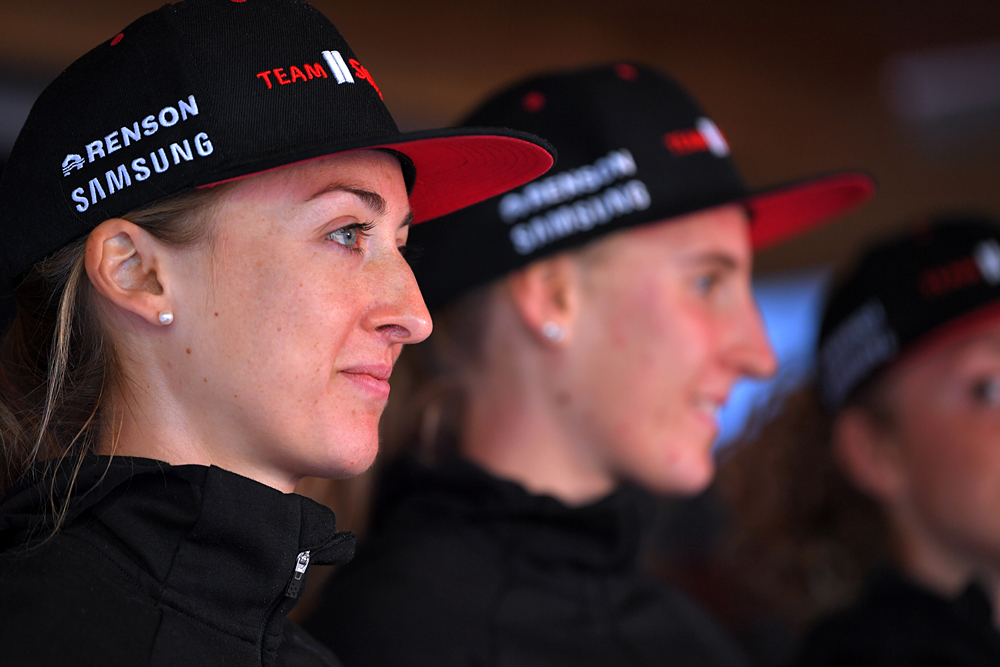
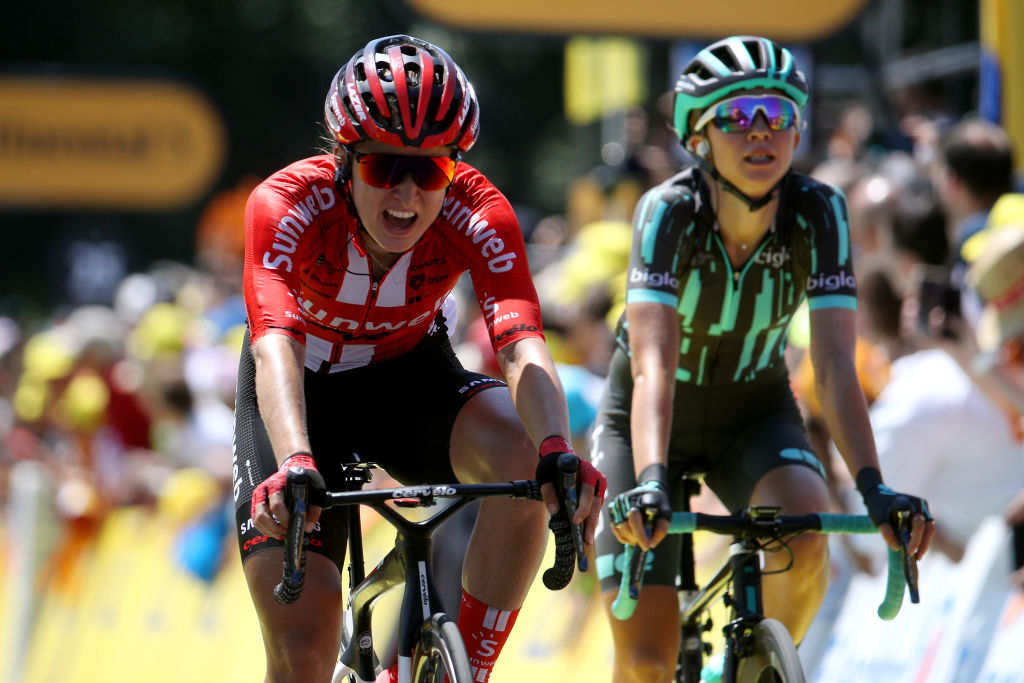
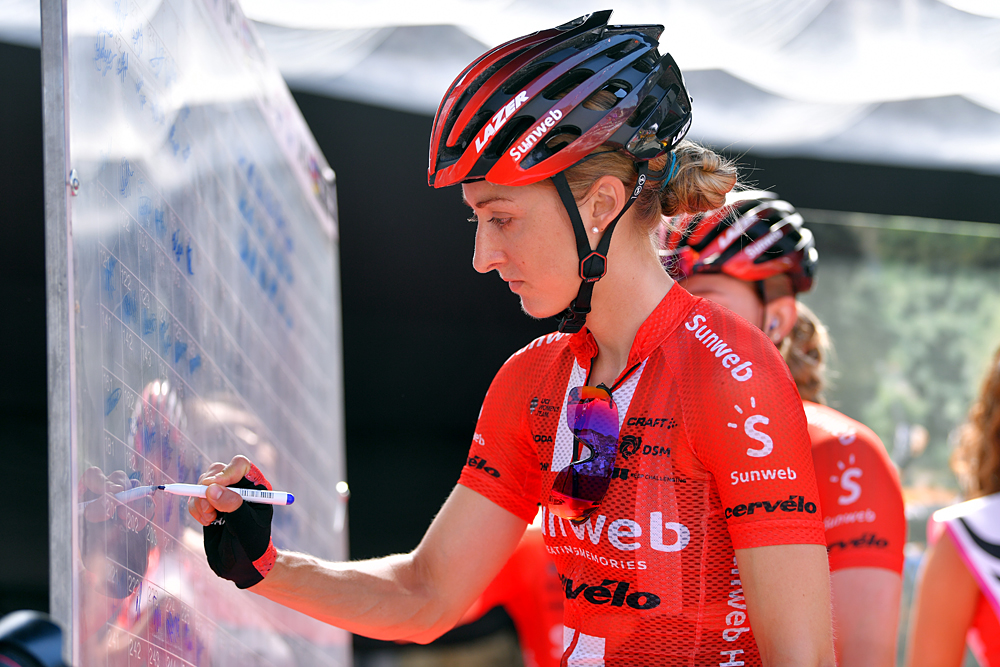
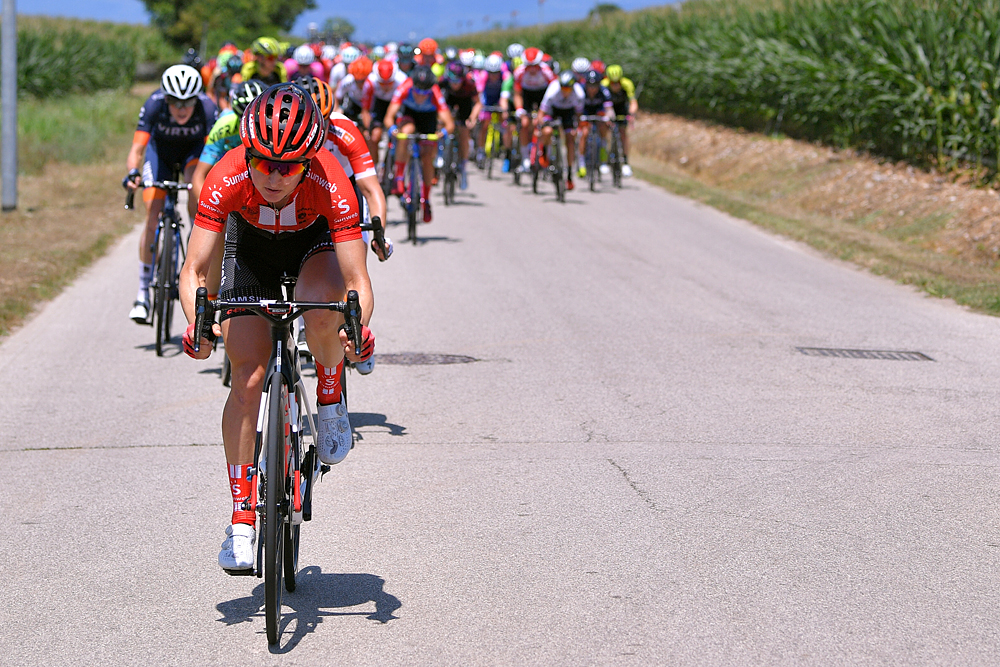
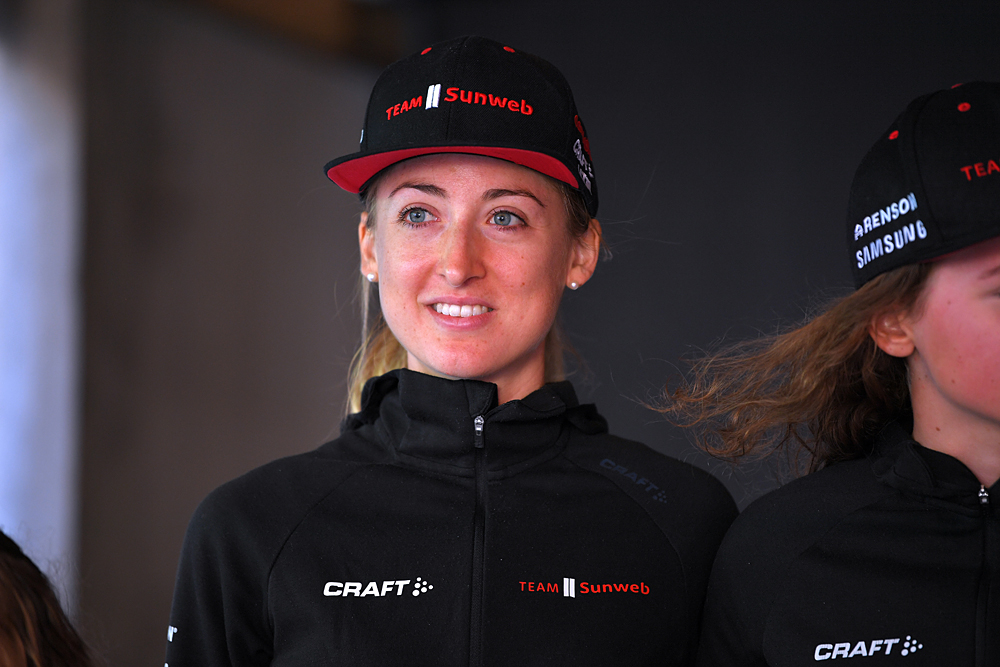
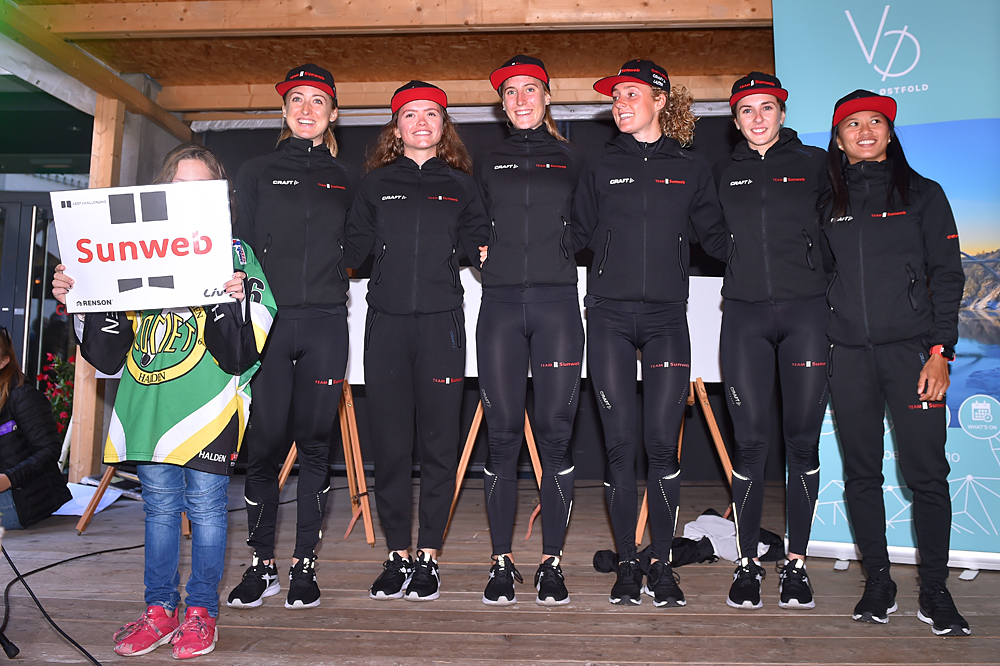
Team Sunweb, together with their riders, have developed a #MeToo protocol that is meant to help create awareness surrounding sexual abuse and harassment in the workplace. Canadian time trial champion Leah Kirchmann told Cyclingnews that she feels safer knowing that there are clear behaviour and ethical expectations, and step-by-step instructions for reporting sexual abuse.
Updated UCI Code of Ethics targets anonymity concerns for abuse victims
Riders file abuse complaints against Health Mate-Cyclelive manager
Slappendel urges cyclists to file formal complaints with UCI against abusers
10th rider details unsettling environment at Health Mate Ladies Team
Health Mate to end title sponsorship amid Van Gansen investigation
Rivera crashes out of contention in Ladies Tour of Norway opener
"We came up with it last year in the wake of all of the #MeToo stories coming out in the mainstream news," said Kirchmann referring to the #MeToo movement against sexual assault and harassment that went viral in 2017 as a hashtag on social media.
The movement was a response to the widespread prevalence of sexual assault and harassment, especially in the workplace, and particularly after multiple sexual abuse allegations were levelled against American film producer Harvey Weinstein.
Cycling has not been immune to reports of abuse. This year, Cyclingnews reported in early June that three former Health Mate Ladies riders - Esther Meisels, Sara Mustonen and the father of Chloë Turblin - separately filed complaints with the UCI Ethics Commission, reporting abuses by manager Patrick Van Gansen. In the wake of that report, seven more riders have come forward to corroborate the allegations. Van Gansen denied all allegations.
"Team Sunweb wanted to take the initiative to show that they believed [abuse] was an important subject to bring awareness. [Management] wanted to prevent things like this from happening within our team," Kirchmann said.
"It's very clear for new staff coming to the team, too. We can show them this document, and our expectations are clear."
The protocol is separate from the team's general guidelines and was designed specifically for the women's team. The guidelines clearly define sexual harassment; verbal, non-verbal and physical. It also highlights sexual harassment prevention through awareness, along with guidelines for professional and respectful interactions between colleagues.
Get The Leadout Newsletter
The latest race content, interviews, features, reviews and expert buying guides, direct to your inbox!
It lays out behaviour expectations for team staff; directors, soigneurs and mechanics, related to specific scenarios such as nature breaks, massage sessions, and changing on the team bus.
"We wanted to define what is harassment, create awareness and clear guidelines for how staff should act. The team management asked for input from the riders on what behaviours we are comfortable within certain situations," Kirchmann said.
"We gave feedback on massage [protocol]. There are also behavioural expectations when we are changing on the team bus, or when riders take a pee break while racing. It generally covers how the staff is expected to act. What is OK and what is not OK."
The second half of the document provides step-by-step instructions to follow if a rider experiences sexual abuse or sexual harassment within the team. The four main points include speaking up against unwanted behaviour, talking about abuse with someone trustworthy, keeping a record of the abuse on paper, and an official reporting strategy.
"If something does happen, we know what steps should be taken," Kirchmann said. "We have named a specific person to go to if athletes find themselves in [an abusive] situation. There are clear steps for how it will be handled within our team."
Kirchmann said that the riders on her team had chosen one athlete, a coach and a team doctor as points of contact. If the abuse involves one of these individuals, the team owner is the fourth point of contact.
Reporting channels
The UCI updated its Code of Ethics last November to better protect athletes in cases of harassment and abuse to include three main changes. The first is better 'anonymity of plaintiff' to protect the victim's privacy in Article 26.2.
Two other changes are concerning Appendix 1, Article 3.2, which now allows for dedicated reporting channels for filing complaints. It also allows for teams to identify a person of contact who has the right to collect information relating to situations of sexual harassment and abuse. That person can take action with the UCI Ethics Commission on behalf of a team or rider.
It's important to follow the correct channels and take the proper steps when filing a complaint with the UCI Ethics Commission, so that information is properly received and that the information provided is correct. Contact: secretariat@uci-ethics.ch
Although cyclists are encouraged to file complaints with the UCI Ethics Commission there are other pathways such as filing complaints with your national federation, if it has a process in place. There are also various Safe Sport programs set up by sport governing bodies in some countries.
The Government of Canada launched two initiatives under Safe Sport for All: A third-party investigation unit set up through the Sport Dispute Resolution Centre of Canada (SDRCC), and a national toll-free, confidential helpline for victims and witnesses of abuse in sport. The hotline provides professional listening and referral services by phone and text at 1-888-83-SPORT (77678) and by email at info@abuse-free-sport.ca, from 8 a.m. to 8 p.m. ET, seven days a week. For more information, visit www.abuse-free-sport.ca.
Cycling Canada is developing a Safe Sport framework and provide a link to their programme on its website.
Kirchmann said she feels better protected knowing that she has three avenues with which to report abuse; Sunweb's #MeToo protocol, UCI Ethics Commission and Canada's Safe Sport for All initiatives.
"I think having multiple options and contact points makes me feel more protected as a rider if something were to happen," Kirchmann said. "I hope that other riders, from other nations, can start to have access to more of these [external] contact points, and that other counties and teams can develop and create these kinds of protocols. I feel more protected."
Kirchmann said that she also feels fortunate to work for a team that puts a high priority on athlete safety and that she hopes other teams follow in the footsteps of Sunweb. She also said that she would suggest creating a #MeToo protocol at any future team.
"It was developed to be proactive, and that is something that Team Sunweb takes seriously," Kirchmann said. "They don't want any of the riders to have a negative experience. We also hope to set a standard for other teams to follow. And maybe they would see our protocol and view it as something they could implement in their teams.
"Everyone on our team was happy to be asked to participate in creating the #MeToo protocol, and to have an open conversation about [abuse].
"Luckily, it wasn't designed in response to a specific issue. We haven't had [abuse] issues within the team. It didn't come as a result of a real problem on the team. It was designed to be preventative."

Kirsten Frattini is the Deputy Editor of Cyclingnews, overseeing the global racing content plan.
Kirsten has a background in Kinesiology and Health Science. She has been involved in cycling from the community and grassroots level to professional cycling's biggest races, reporting on the WorldTour, Spring Classics, Tours de France, World Championships and Olympic Games.
She began her sports journalism career with Cyclingnews as a North American Correspondent in 2006. In 2018, Kirsten became Women's Editor – overseeing the content strategy, race coverage and growth of women's professional cycling – before becoming Deputy Editor in 2023.